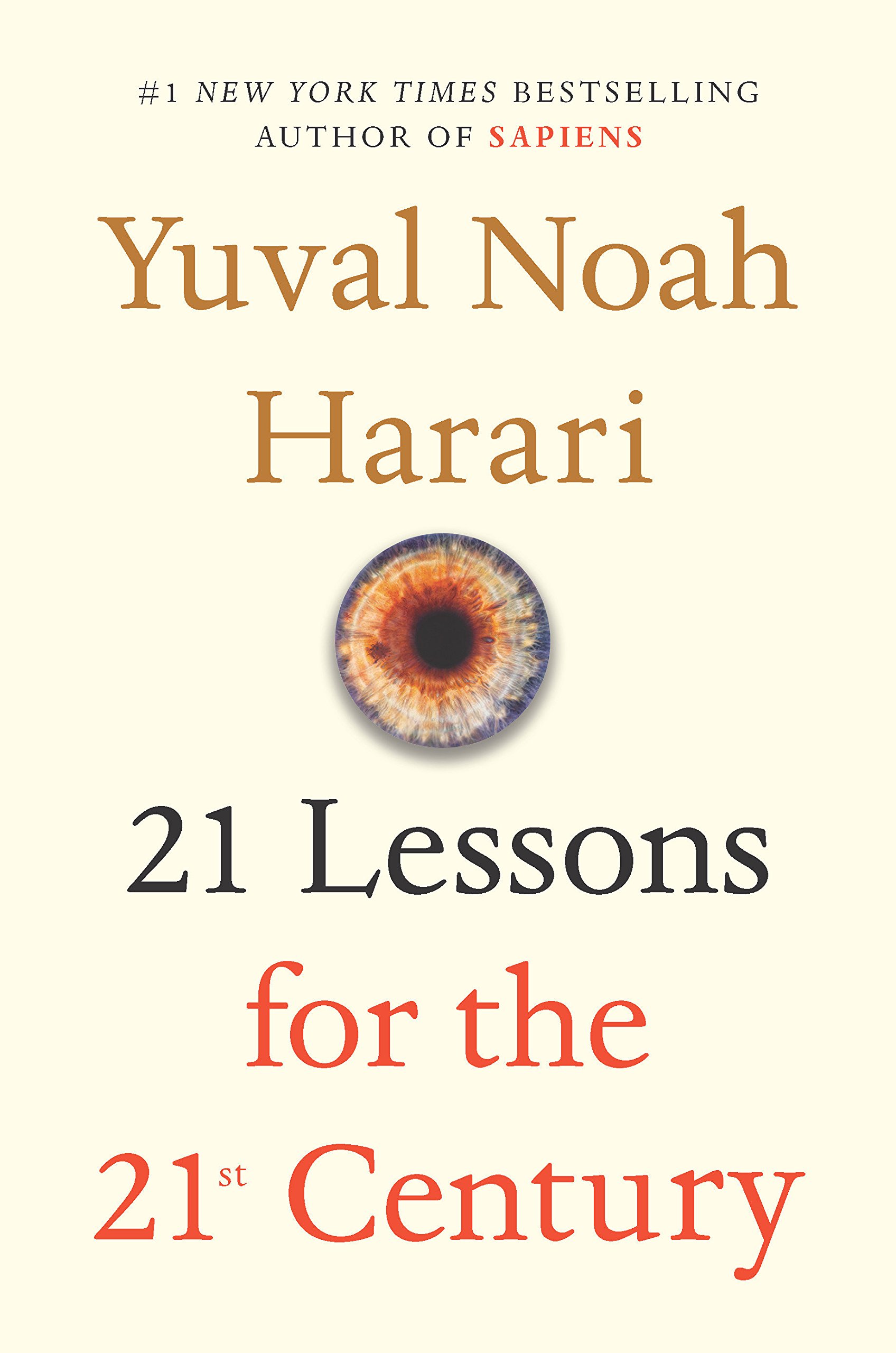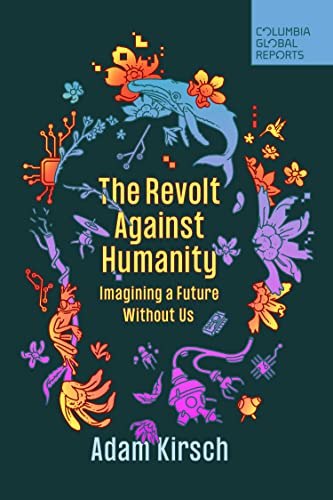
21 Lessons for the 21st Century
Book Description
What does it mean to be human in a rapidly changing world? In "21 Lessons for the 21st Century," Yuval Noah Harari plunges into the tumult of modern life, tackling the bewildering challenges of technology, politics, and identity. With sharp insights and thought-provoking questions, he unravels the fabric of contemporary existence, confronting our deepest fears and greatest hopes. Whether grappling with artificial intelligence or the quest for meaning, the lessons unfold like a gripping narrative, urging a reevaluation of what truly matters. As society teeters on the brink of transformation, are we ready to define our future, or will we be defined by it?
Quick Book Summary
"21 Lessons for the 21st Century" by Yuval Noah Harari is an exploration of the profound challenges and questions facing humanity in our era of rapid transformation. Harari investigates how technology, especially artificial intelligence and biotechnology, is reshaping economies, politics, identities, and daily life. He interrogates the resilience of our social and political systems while raising urgent questions about truth, education, and meaning. Through a series of accessible "lessons," the book reflects on humanity’s vulnerability, the nature of collective myths, and the dangers of ignorance. Ultimately, Harari challenges readers to grapple with uncertainty, cultivate critical thinking, and find personal and collective purpose amid the noise and complexity of the modern world.
Summary of Key Ideas
Table of Contents
The Impact of Technology and Artificial Intelligence
Harari delves into how technological advancements, particularly in artificial intelligence and biotechnology, are disrupting traditional notions of work, economy, and society. He examines how automation threatens existing jobs, creating anxiety about the future relevance of human labor. The book addresses the ethical complications of genetic engineering, surveillance, and data ownership, highlighting how these developments demand new frameworks for regulation and human rights. As technology accelerates, Harari asks readers to consider who benefits and who is left behind.
The Crisis of Truth and Misinformation
The book explores the erosion of truth in the digital age, focusing on misinformation, fake news, and the manipulation of public opinion. Harari warns that the proliferation of data and the power of algorithms can undermine democratic processes and amplify social divisions. He urges the cultivation of media literacy and critical thinking to discern credible sources from deceit. By examining historical propaganda, Harari situates contemporary challenges within a broader context, stressing the high stakes for free societies.
Nationalism, Religion, and Collective Identity
Harari assesses the resurgence of nationalist movements and religious identities, discussing their influence on global politics and human behavior. He argues that while these collective identities provide meaning and cohesion, they can also lead to exclusion and conflict. The book investigates how myths and shared beliefs shape societies, influencing everything from borders to ethical norms. Harari surveys whether national and religious narratives can adapt to a globally interconnected world without provoking division or violence.
Education and Lifelong Learning in a Changing World
Recognizing the pace of change, Harari emphasizes the importance of adaptability through education and self-reflection. He suggests that, rather than memorizing static information, individuals must develop resilience, emotional intelligence, and lifelong learning habits. Preparing for unpredictability requires teaching children—and adults—to question, analyze, and collaborate effectively. Harari advocates for an education system that prioritizes critical inquiry over rote memorization, equipping future generations for a volatile job market and shifting societal needs.
Seeking Meaning and Mental Resilience
The book concludes by addressing the perennial quest for meaning in a secular, rapidly evolving world. Technological progress and scientific discoveries can render old narratives obsolete, leaving many adrift. Harari counsels readers to cultivate personal resilience, mindfulness, and compassion as anchors amid uncertainty. He suggests that, while collective stories and ideologies are powerful, individuals must ultimately forge their own sense of significance. In a landscape of doubt, fostering understanding and empathy is itself a vital lesson for the 21st century.
Download This Summary
Get a free PDF of this summary instantly — no email required.





